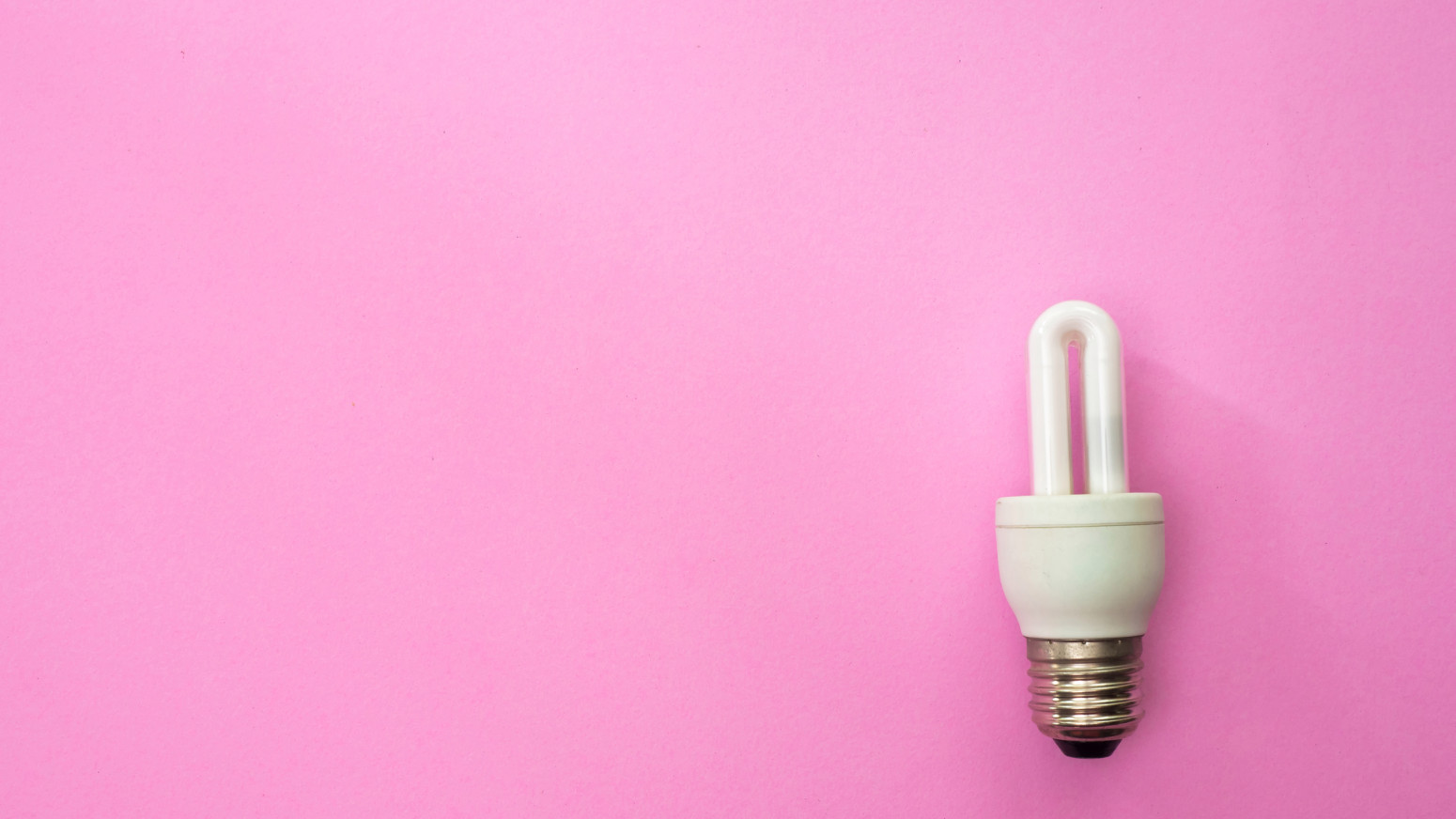You have core beliefs that guide the decisions you make. They affect how you interpret the events in your life and they influence the way you think, feel, and behave.
Your healthy beliefs serve you well. But, the unrealistic, self-limiting beliefs you hold onto–and everyone has some unhealthy beliefs–can hold you back from reaching your greatest potential.
It’s important to acknowledge your core beliefs and examine which ones might be inaccurate and unproductive. Then, you can take steps to let go of the beliefs that are limiting your potential.
Here are three types of unhealthy beliefs that will make you less effective and rob you of the mental strength you need to become your best:
- Unhealthy Beliefs About Yourself – Concluding that you are a loser, a failure, unlikable, or incapable will prevent you from doing your best. Even overly optimistic beliefs can be unhealthy. Thinking you’re the best at everything you do or that you are above the rules can be just as dangerous to your well-being as an exaggeratedly negative core belief about yourself.
- Unhealthy Beliefs About Others – Believing everyone is against you, untrustworthy, or manipulative will make it impossible to develop healthy relationships. Similarly, believing everyone can be trusted or that everyone is a kind person can cause you to be taken advantage or to get into relationships that aren’t good for you.
- Unhealthy Beliefs About the World – Assuming that you can’t succeed in today’s world or thinking that the world is too dark of a place to ever be happy will take a toll on your life. On the flipside, minimizing social problems and looking at the world through rose-colored glasses isn’t helpful either.
There are many different beliefs you have about yourself, other people, and the world around you. And while you’re likely to think that all of your beliefs are 100 percent accurate, the truth is, you likely hold onto at least a few core beliefs that are irrational and unproductive.
Unhealthy beliefs lead to unhealthy habits. And unhealthy habits produce negative outcomes that ultimately reinforce your unhealthy beliefs. It’s a vicious cycle that can be tough to break.
Here are some real examples from my therapy office that show how self-limiting beliefs turned into self-fulfilling prophecies:
- A woman believed she was unlovable. She jumped from one unhealthy relationship to the next over and over again. Every person she dated treated her poorly, which reinforced her belief that she was unlovable.
- A gym owner believed that small businesses couldn’t compete in today’s world. Membership dwindled, but rather than do anything different, she resolved that her business was going to fail. She found herself in a financial crisis and she concluded that she was going to have to close her doors because big chains were putting her out of business.
- A man believed that everyone was inherently bad. Even when people were kind to him he assumed they had ulterior motives. He kept everyone at a distance and never developed trusting relationships. Any time he felt he wasn’t treated fairly, he thought it was evidence that further proved his beliefs that people are bad.
It’s tough to change your self-limiting beliefs. After all, you’ve likely held onto them for a long time and believed they were 100 percent accurate.
You’re also constantly looking for evidence that reinforces your beliefs (while simultaneously ignoring evidence to the contrary).
You’re not going to talk yourself out of your beliefs overnight. Telling yourself you’re not a loser won’t suddenly make you believe you’re a winner deep down inside.
The best way to change your beliefs is to challenge your beliefs head-on. To do that, you need to give up the unhealthy habits that are draining your mental strength. By changing your habits, you can chip away at your unhealthy beliefs a little bit at a time from the ground up.
For example, if you purposely avoid interacting with people because you think you’re too socially awkward to make friends, commit to introducing yourself to two new people every day. Meeting new people and putting yourself out there will challenge your beliefs about yourself.
As you’re challenging your beliefs pay close attention to evidence that suggests your beliefs might not be 100 percent accurate. Slowly, over time, you’ll begin to unravel some of your unhealthy core beliefs.
Instead of thinking you’re too socially awkward to make friends, you might be able to accept that although you are a little awkward at times, some people will like you for that. But you have to be willing to prove your brain wrong if you want to challenge your beliefs.
The truth is, you’re stronger than you think. Your brain lies to you sometimes. Challenging your beliefs will help your brain see you, other people, and the world in a more accurate light.
Originally published at www.inc.com
